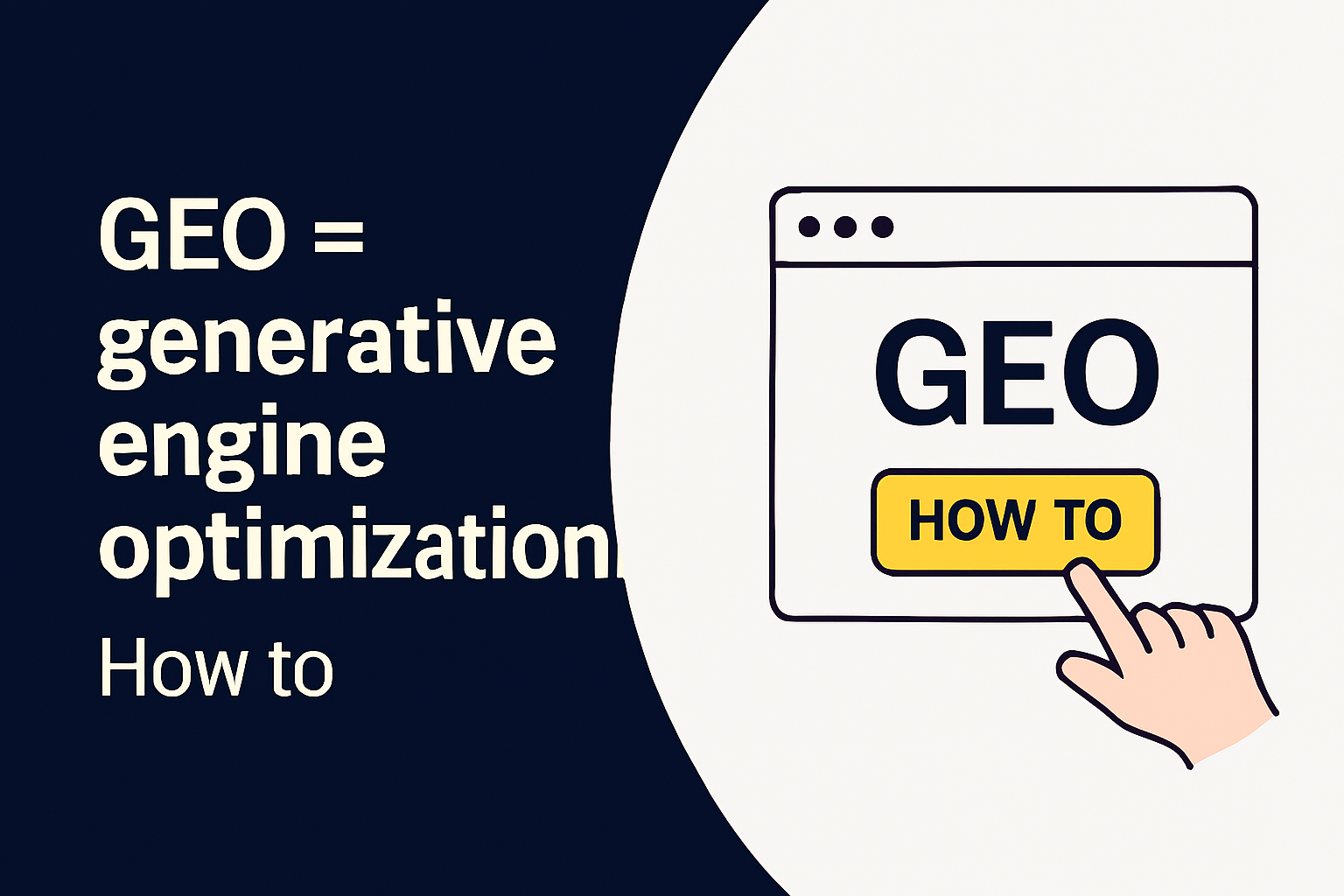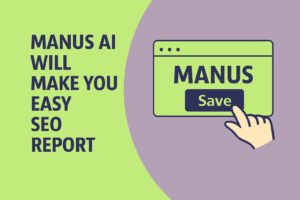How to Optimize Websites for Chatbots and Artificial Intelligence. (GEO)
With the rise of artificial intelligence such as ChatGPT, Grok, Manus, and others, it might seem that established SEO optimization techniques are becoming obsolete and will no longer be needed. Similarly, experts in SEO and website development might be sidelined. However, this may not be entirely true. So, how should you prepare for this situation if you own a website?
What is GEO?
Simply put, it is Generative Engine Optimization (GEO). This means that your pages need to be optimized so that people searching for information using artificial intelligence find answers or goods directly from your site.
This suggests that we can think of it as SEO 2.0, where the trustworthiness of your site and the findability of answers will be much more important than just link building or a perfectly beautiful website. So, how do you achieve this and get chatbots to include your website in the user’s query results?
Quick Answer to User Questions
It is advisable to give the reader (and thus the artificial intelligence) the answer as soon as possible. It is recommended that the answer to the question be stated in the very first paragraph of the entire article. Subsequent details, tables, statistics, or anything else can be placed in the article after the answer to the important question.
Thinking that you will keep the reader engaged by giving them the answer only in the second half of the article is not the right approach, and certainly not from the perspective of artificial intelligence. AI is looking for answers and will present the most relevant ones as a result. Therefore, do not delay the answer for too long in articles or on the main page.
Correct Structuring of Title Tag and H1
Nowadays, it is much more important to focus on the correct use of the Title Tag, followed by H1, and also the Meta Description. If these headings and the website description are in the correct order and sufficiently optimized for the user, you will have a high probability of the chatbot noticing you. Respectively, including your pages in the search results.
FAQ, Case Studies, and Reviews
The FAQ section is becoming an important part of websites. The same applies if you have the opportunity to publish case studies. All of this reflects your trustworthiness, as do verified reviews.
These things will become increasingly important and will support the findability of your website. Even though AI may seem like a robot, it still looks for answers in what we might call human text, not text optimized solely for search engines.
Therefore, speak in a human voice on your pages and imagine that you are presenting important things, details, and the like just as you would explain the issue to your friend, not a computer.
You can also include various tables or statistics. For example: If you are writing about the 5 best hockey players in the Czech Republic, it is very good to include a table with their names, club affiliations, and perhaps the number of goals scored, and so on. Artificial intelligence loves such things too.
Conclusion
Let’s realize that there are many more techniques than we mentioned in this article. But I wanted to outline how website optimization for generative search is likely to head in the future and what needs to be done so that your website does not fall into digital oblivion.
It is probably still too early to draw conclusions about how artificial intelligence will affect user behavior on the internet, but there are already some indications of how the future might at least partially evolve.
It will also depend on how the biggest market players approach online shopping and how they will cooperate with chatbots and artificial intelligence, for example, in e-commerce. For now, Amazon, for instance, is rather negative about shopping through AI on their pages, so we will see how other big players react.
We wish the best possible results to everyone involved in website development, applications, and other activities on the internet.





